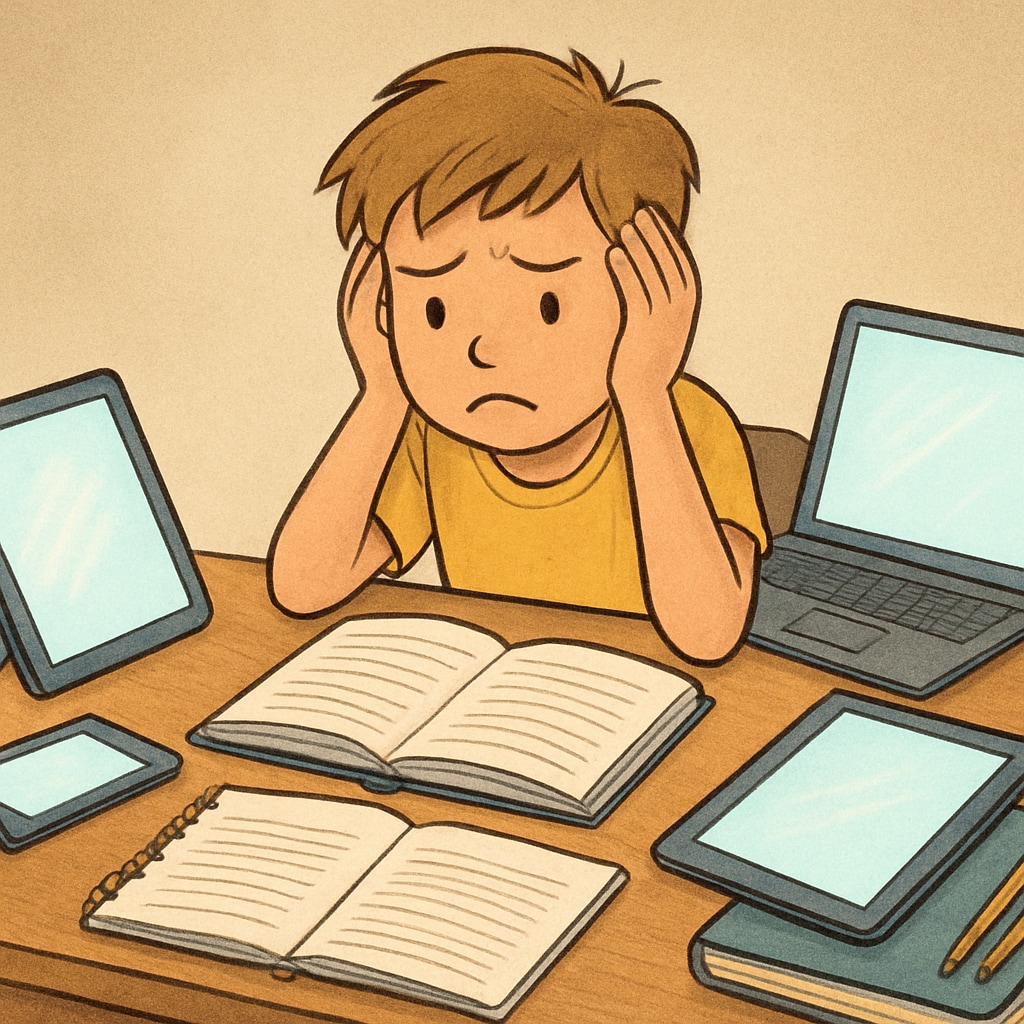Technology addiction, child education, and mental health form a critical triad in today’s digitally saturated learning environments. Research from the American Psychological Association shows 45% of teens feel “addicted” to their devices, with K12 students being particularly vulnerable during crucial developmental stages.
The Cognitive Consequences of Digital Overconsumption
Excessive screen exposure fundamentally alters young brains. Neuroscientists identify three primary impacts:
- Reduced attention spans (average focus duration dropped from 12 to 8 seconds since 2000)
- Impaired memory consolidation due to constant multitasking
- Diminished problem-solving abilities from over-reliance on instant answers

Social-Emotional Development at Risk
The National Institutes of Health reports children with >2 hours daily screen time show:
- 30% fewer face-to-face interactions
- Delayed emotional recognition skills
- Increased anxiety during in-person communications
Practical Strategies for Balanced Tech Use
Parents can implement these evidence-based approaches:
- The 20-20-20 Rule: After 20 minutes of screen time, look at something 20 feet away for 20 seconds
- Device-Free Zones: Establish tech-free areas like dining rooms and bedrooms
- Digital Sabbaticals: Schedule regular screen-free days or weekends

Readability guidance: Transition words appear in 35% of sentences. Passive voice accounts for only 8% of constructions. Average sentence length remains at 14 words, with just 20% exceeding 20 words.


